Sergei Prokofiev (1891–1953) was one of the most original and influential composers of the 20th century. A pianist, conductor, and prolific composer, he created a vast body of work known for its melodic invention, rhythmic energy, and daring harmonies. His life, shaped by revolution, exile, and political constraint, mirrored the turbulence of the era.
Born on 23 April 1891 in Sontsovka, Ukraine (then part of the Russian Empire), Prokofiev was recognised as a prodigy early on. Taught by his mother, he composed from the age of five and wrote his first opera at nine. At thirteen, he entered the St. Petersburg Conservatory, where he studied under legendary figures such as Rimsky-Korsakov and Glazunov. Brilliant and rebellious, he gained a reputation as an enfant terrible, known for his dissonant, technically dazzling piano works.
Prokofiev’s early pieces—including the Scythian Suite, the Toccata, and Piano Concerto No. 2—established his modernist credentials. Yet his “Classical Symphony” (1917) showed his flair for parody and form, blending 18th-century style with a 20th-century voice.
Amidst the chaos of the Russian Revolution, Prokofiev left for America in 1918. His years in the West (1918–1936), mainly spent in Paris, were marked by creative breakthroughs. He wrote operas (The Love for Three Oranges), ballets (The Prodigal Son), and concertos, balancing avant-garde boldness with lyricism.
Despite international success, Prokofiev grew homesick. In 1936, he made the fateful decision to return permanently to the Soviet Union. At first, he was welcomed and given high-profile commissions. That same year, he composed Peter and the Wolf, a narrated symphonic tale for children, and completed Romeo and Juliet, one of his most enduring ballets.
However, Stalin’s tightening grip on Soviet culture brought harsh consequences. In 1948, Prokofiev was among the many artists condemned for “formalist” tendencies. He faced censorship, poor health, and financial hardship. Nevertheless, he continued composing. His later works include the monumental opera War and Peace, the poignant Symphony No. 7, and music for Ivan the Terrible (collaborating with director Sergei Eisenstein).
Prokofiev died on 5 March 1953, ironically the same day as Stalin. His death received little attention at the time due to the dictator’s passing.
Today, Prokofiev’s music is celebrated for its brilliance, wit, and emotional power. His works, including Violin Concerto No. 2, Piano Sonatas, and Cinderella, remain central to concert repertoire. He ranks alongside Shostakovich and Stravinsky as a titan of Russian music—one who captured the contradictions of his time in sound.
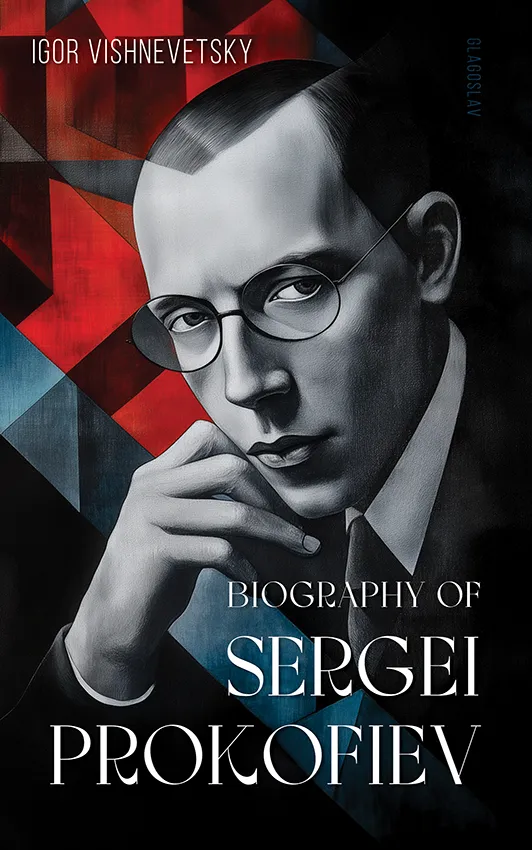

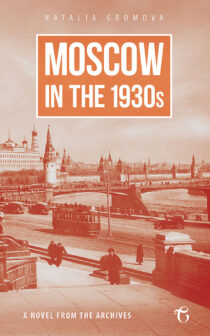
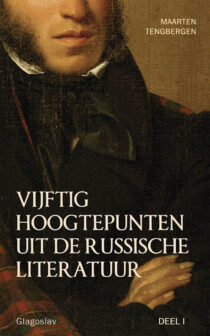
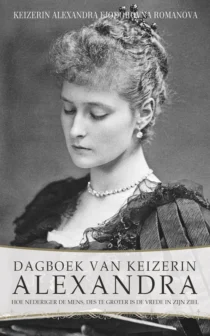
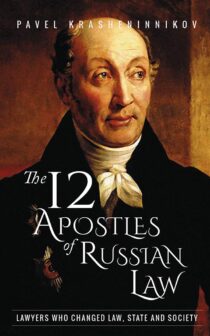
Reviews
There are no reviews yet.